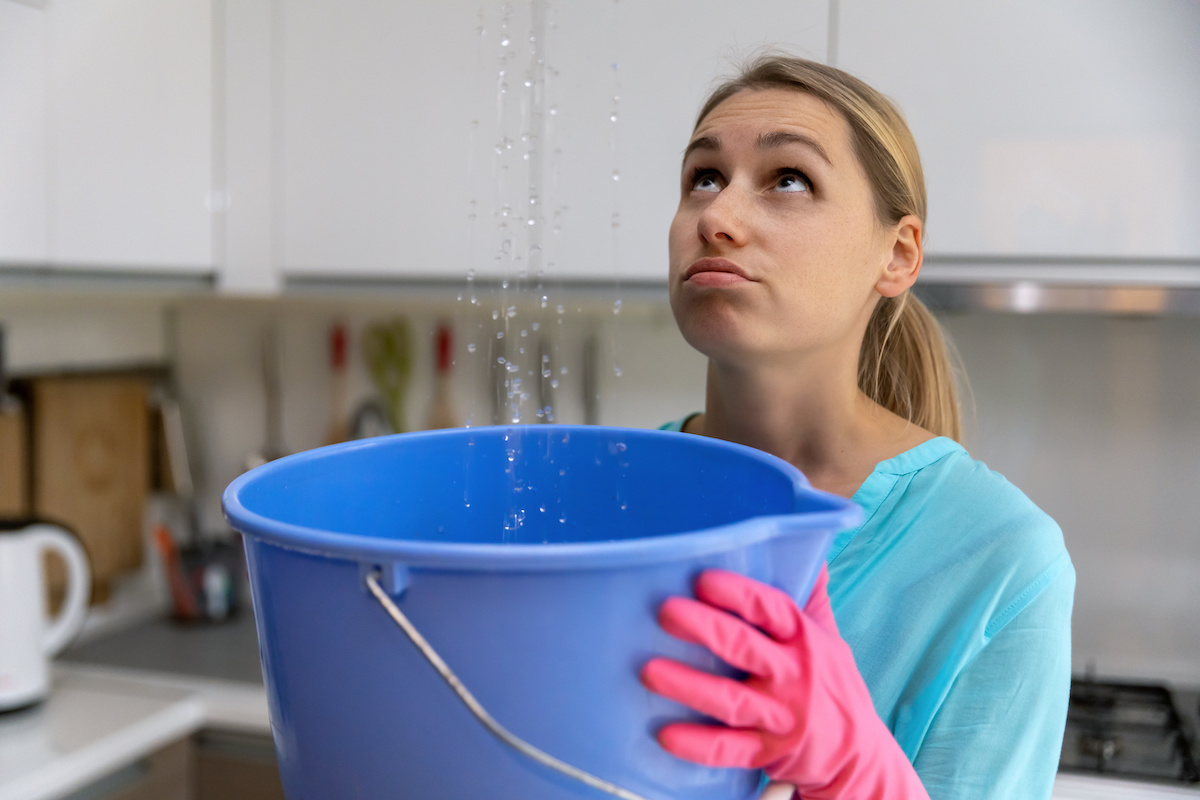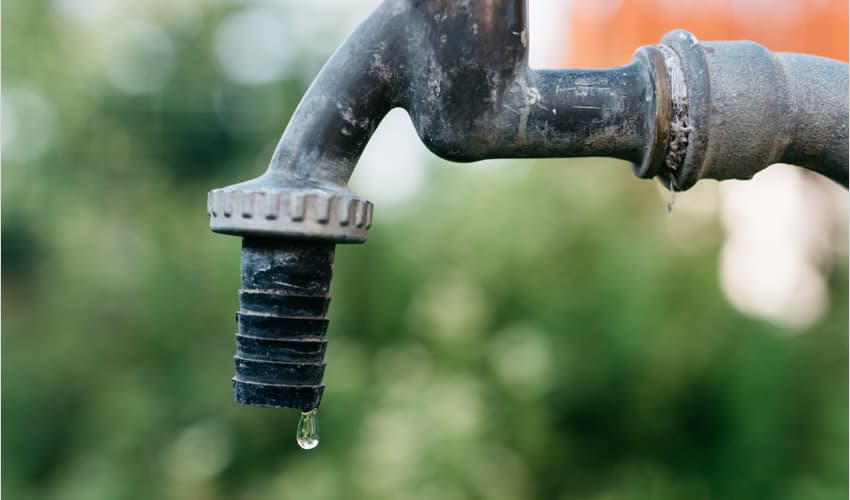Recognizing and Fixing the Six Most Common Water Leaks in Your Home
Recognizing and Fixing the Six Most Common Water Leaks in Your Home
Blog Article
We've stumbled upon this article relating to How to Find Water Leaks below on the web and concluded it made perfect sense to talk about it with you on this site.

Leakages not just create waste of water yet can additionally create unneeded damages to your residence as well as promote unwanted organic growth. Unfortunately, water leakages could go undetected given that a lot of the pipework in our house is hidden. By recognizing as well as looking for daily scenarios that create leakages, you can safeguard your residence from future leaks and also unneeded damage. Today, we will certainly check out 6 leakage causes that may be creating your pipelines to leak.
Trespassing roots
The majority of water leakages begin outside your home as opposed to inside it. If you discover a sudden decline in water stress, say in your faucet, require time to go out as well as analyze your backyard. You might see wet patches or sinkholes in your backyard, and that could imply that tree roots are invading water lines triggering water to seep out. You can have your plumber look for breach, specifically if you have trees or hedges near your residential property.
Corroded water systems
As time passes by, your plumbing system ages as well as deterioration such as corrosion may begin gnawing the pipes. This might be the root cause of discoloration or warping on your water pipes. This requires an examination with your plumber immediately. If our plumbing system is old, think about changing the pipelines because they go to a greater threat of corrosion than the more recent models.
Faulty Pipeline Joints
The point at which your pipelines attach is often the weakest web link in the waterline. Pipeline joints can wear away over time, resulting in water leaks. However, most of pipe joints are not conveniently noticeable. If you have noisy pipes that make ticking or banging noises, especially when the hot water is turned on, your pipeline joints are possibly under a lot of pressure. It is advisable to have your plumber inspect your system once a year.
Instant temperature adjustments.
Severe temperature level adjustments in our pipes can create them to increase and acquire all of a sudden. This development and contraction might cause splits in the pipes, especially if the temperature level are below cold.
Poor Water Connectors
At times, a leakage can be triggered by loose hose pipes and also pipes that provide your home appliances. Generally, shifting is what triggers the loosened water Connections. You may find when it comes to a cleaning maker, a hose may spring a leak as a result of trembling throughout the spin cycle. In case of a water connections leakage, you may observe water running directly from the supply line or pools around your appliances.
Clogged Drains
Obstructed drains might be frustrating and also inconveniencing, yet they can sometimes wind up creating an overflow causing burst pipes. Maintain getting rid of any type of materials that might drop your drains that can block them to stay clear of such aggravations.
All the above are sources of leakages yet not all water leaks arise from plumbing leaks; some leakages could come from roof covering leaks. All leaks need to be repaired immediately to stay clear of water damages.
Leaks not just create waste of water however can additionally create unnecessary damages to your home as well as promote unwanted natural growth. By looking as well as understanding for day-to-day scenarios that create leakages, you can secure your home from future leaks and also unneeded damages. Today, we will look at six leak causes that might be triggering your pipelines to leak.
At times, a leakage can be triggered by loosened hoses and pipes that supply your appliances. In case of a water connections leakage, you may notice water running directly from the supply line or puddles around your appliances.
How To Check For Water Leak In Your Home
How To Check for Leaks
The average household's leaks can account for nearly 10,000 gallons of water wasted every year and ten percent of homes have leaks that waste 90 gallons or more per day. Common types of leaks found in the home are worn toilet flappers, dripping faucets, and other leaking valves. These types of leaks are often easy to fix, requiring only a few tools and hardware that can pay for themselves in water savings. Fixing easily corrected household water leaks can save homeowners about 10 percent on their water bills.
To check for leaks in your home, you first need to determine whether you're wasting water and then identify the source of the leak. Here are some tips for finding leaks:
Take a look at your water usage during a colder month, such as January or February. If a family of four exceeds 12,000 gallons per month, there are serious leaks.
Check your water meter before and after a two-hour period when no water is being used. If the meter changes at all, you probably have a leak.
Identify toilet leaks by placing a drop of food coloring in the toilet tank. If any color shows up in the bowl after 10 minutes, you have a leak. (Be sure to flush immediately after the experiment to avoid staining the tank.)
Examine faucet gaskets and pipe fittings for any water on the outside of the pipe to check for surface leaks.
Undetected water leaks can happen without the home or business owner even realizing. If you suspect a water leak, but not able to find the source. It is time to contact a professional water leak detection service, The Leak Doctor.
How To Find a Water Leak In Your Home
https://www.leakdoctor.com/blog/How-To-Check-For-Water-Leak-In-Your-Home_AE197.html

I am just very fascinated with Common Water Leaks In House and I am assuming you appreciated my page. Sharing is good. Helping others is fun. Many thanks for going through it.
Rates Report this page